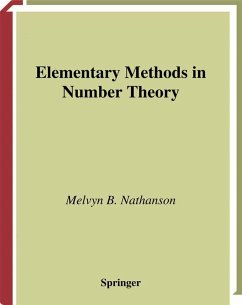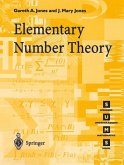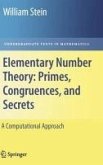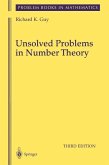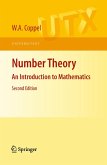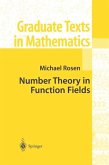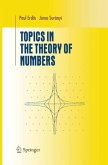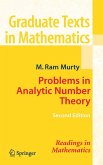This basic introduction to number theory is ideal for those with no previous knowledge of the subject. The main topics of divisibility, congruences, and the distribution of prime numbers are covered. Of particular interest is the inclusion of a proof for one of the most famous results in mathematics, the prime number theorem. With many examples and exercises, and only requiring knowledge of a little calculus and algebra, this book will suit individuals with imagination and interest in following a mathematical argument to its conclusion.
Dieser Download kann aus rechtlichen Gründen nur mit Rechnungsadresse in A, B, BG, CY, CZ, D, DK, EW, E, FIN, F, GR, HR, H, IRL, I, LT, L, LR, M, NL, PL, P, R, S, SLO, SK ausgeliefert werden.
Hinweis: Dieser Artikel kann nur an eine deutsche Lieferadresse ausgeliefert werden.

